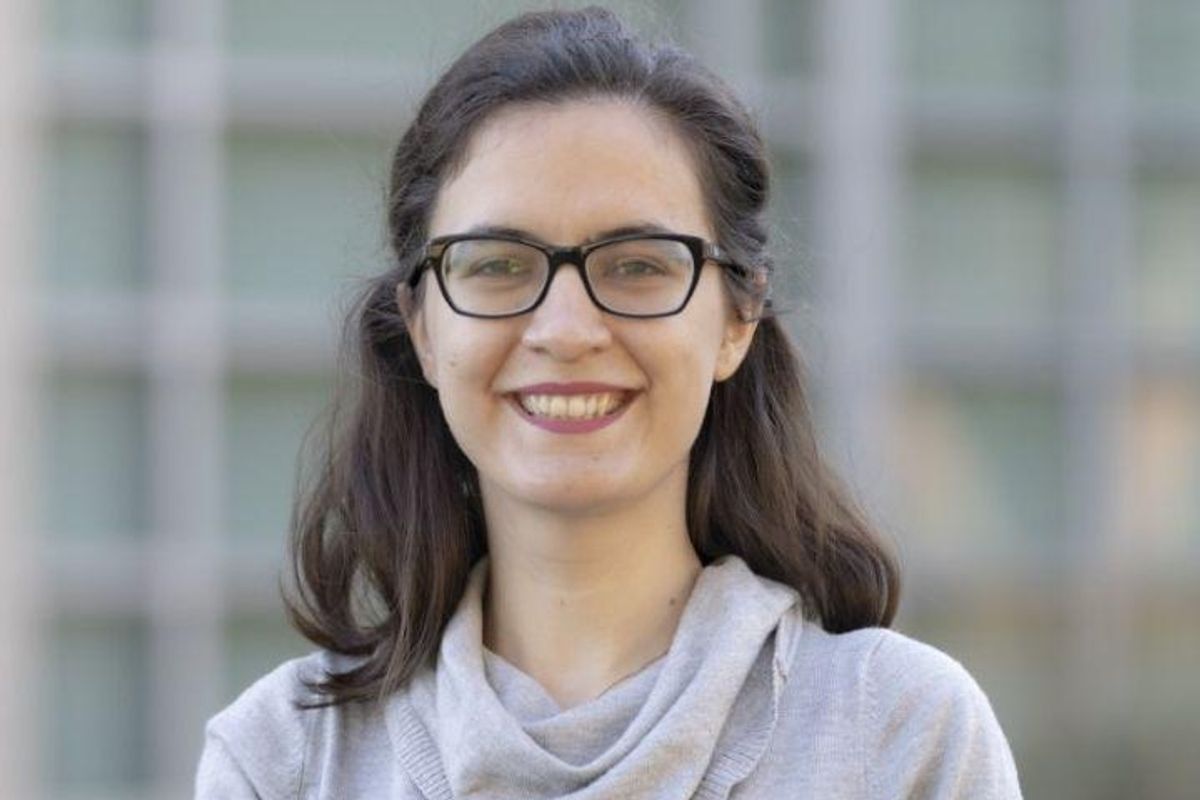Houston organizations snag chunk of recently announced $49M cancer research grant funding
show me the money
Houston’s Baylor College of Medicine is beefing up its team of cancer researchers.
The college just received $6 million from the state agency Cancer Prevention and Research Institute of Texas (CPRIT) to recruit three cancer researchers: Graham Erwin, Michael Robertson and Dr. Varun Venkataramani. Each researcher is getting $2 million.
In addition, the University of Texas MD Anderson Cancer Center snagged a $2 million CPRIT grant to recruit Simon Eschweiler.
In all, CPRIT recently announced $49 million in cancer research and prevention grants, including nearly $24 million for recruitment of cancer researchers.
Here’s a rundown of the recruitment grants awarded in Houston:
- Graham Erwin. Erwin is a postdoctoral fellow at Stanford University’s Stanford Cancer Institute. He’s a biologist who specializes in DNA sequencing related to the development of cancer therapeutics and diagnostics.
- Michael Robertson. Robertson also is a postdoctoral fellow at Stanford. He focuses on molecular and cellular physiology at Stanford’s medical school.
- Dr. Varun Venkataramani. Venkataramani, a neuroscientist, is a brain tumor researcher at University Hospital Heidelberg, one of the largest hospitals in Germany.
- Simon Eschweiler. Eschweiler is a research assistant professor at Southern California’s La Jolla Institute for Immunology. He specializes in immunotherapy for cancer patients.
Aside from the recruitment grants, three institutions in the Houston area received nearly $6 million in funding for cancer treatment and prevention programs. Here’s an overview of those grants:
- Almost $2.5 million for expansion of a program at the University of Texas Medical Branch at Galveston that supplies HPV vaccinations for new mothers.
- Nearly $2.5 million for an MD Anderson program that promotes physical activity for cancer survivors.
- Almost $500,000 for an MD Anderson program to increase treatment of tobacco users who are participating in opioid treatment programs.
- Nearly $500,000 for a University of Houston program designed to help LGBTQ+ Texans lead tobacco-free lives.
“From new research programs, recruitment of preeminent scientists to Texas, pilot studies, new technology, and expanding the reach of successful cancer prevention programs, [the] grants highlight the effect CPRIT is having on not just cancer research and prevention efforts, but on life science infrastructure in Texas,” Wayne Roberts, the organization’s CEO, said in a news release.
- Here's what Houston cancer researchers secured fresh funding from Texas nonprofit ›
- Texas nonprofit cancer research funder doles out millions to health professionals moving to Houston ›
- Seattle biotech co. to move to Houston thanks to $13.3M grant from Texas organization ›
- Houston immunotherapy company to use $13.5M grant to further develop cancer treatments ›
- CPRIT grants $68.5M to Houston organizations - InnovationMap ›
- Baylor Genetics lab is translating genetics research into clinical diagnostics - InnovationMap ›
- $12M CPRIT funds bring leading cancer researchers to Houston - InnovationMap ›

 Gül Zerze is an assistant professor in the William A. Brookshire Department of Chemical and Biomolecular Engineering. Photo via UH.edu
Gül Zerze is an assistant professor in the William A. Brookshire Department of Chemical and Biomolecular Engineering. Photo via UH.edu
 This company’s machine learning programs are making driving in Houston safer — and cheaper
This company’s machine learning programs are making driving in Houston safer — and cheaper